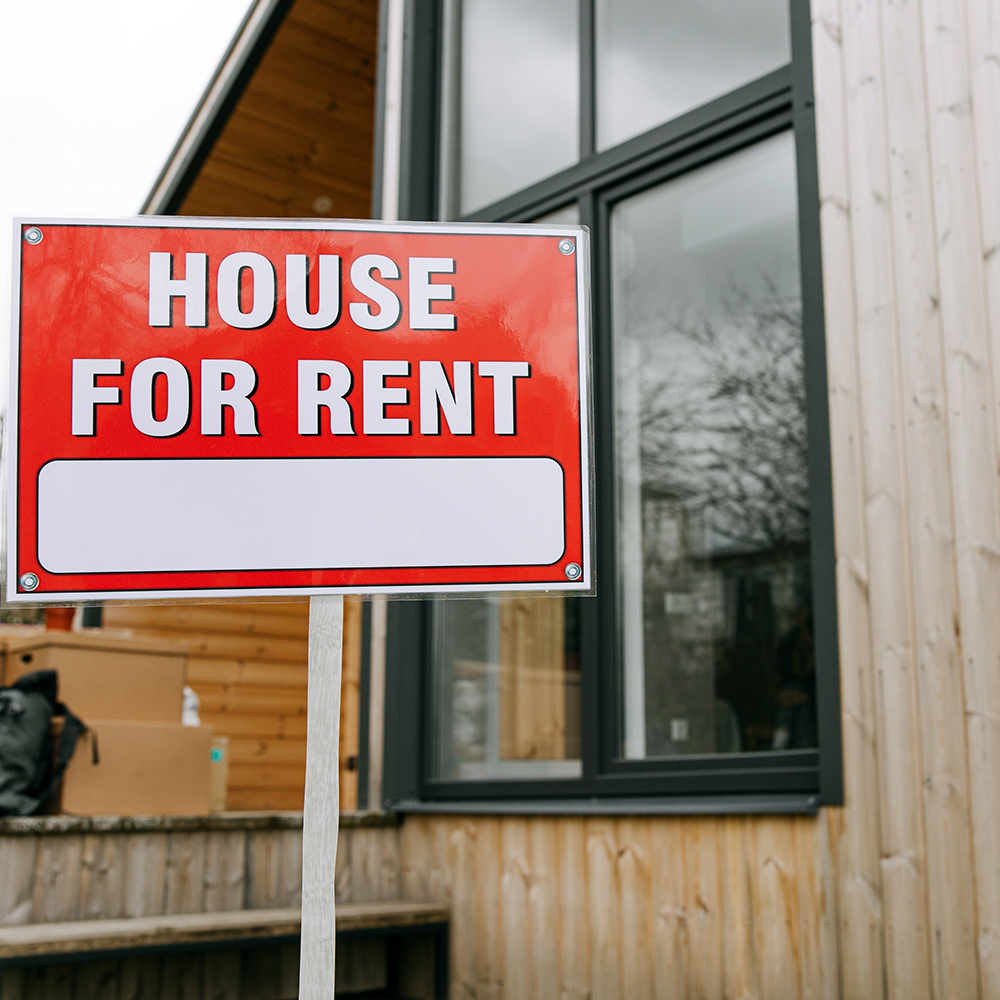At the state level, the concurrent Republican values of “local control” and “limited government” can compete and even conflict. Republicans have long stood against unfunded state mandates on local government and onerous red tape on the private sector, as well we should. However, we should welcome state intervention to reduce local government control and waste.
Redevelopment agencies were a glaring example of local government abuse. They had everything true free-market conservatives should oppose – abuse of eminent domain, subsidizing private development, tax rebates to politically favored companies, corporate welfare and diversion of public money for private use.
Yet when then-Gov. Jerry Brown proposed to abolish them in 2011, I was initially the only Republican to support him. Since redevelopment agencies were controlled by local city councils (doubling as redevelopment agency board members), my Republican colleagues defended them from Brown’s challenge under the ruse of “local control.”
In housing, Republicans are split on the twin values of local control and property rights. Should the state defer to locally imposed zoning restrictions or intervene on behalf of property owners? Zoning itself – imposed by most cities over the past century – constitutes the most egregious restriction on property rights, and NIMBYs (Not In My Back Yard) cling to zoning as a defense of “neighborhood integrity and quality of life.”
Democrats have long tended to favor a top-down approach by subsidizing low-cost housing, mandating low-income quotas in new housing. Lately, however, they’ve taken a more free-market approach by repealing zoning and parking restrictions that have limited new housing construction, moves many Republicans have opposed.
In 2019, battle lines were drawn over loosening restrictions on ADUs (accessory dwelling units) in areas zoned R-1 (single-family homes). Originally dubbed as “granny units,” they were legal, but were tightly controlled and subject to lengthy and often futile public hearings. Homeowners could only let them out to direct family members. Public hearings brought out crowds of NIMBYs to protect neighborhood integrity. Approval was purely discretionary – and rare. In my 18 years on the Fullerton City Council, we approved only one.
Assembly Bill 68 changed all that. Authored by Assemblyman Phil Ting, D-San Francisco, it mandated that cities allow ADUs in R-1 zones. With its passage, any single-family home can now be or expanded into two dwelling units, thus broadening housing opportunities and rental income for homeowners. It abolished parking requirements, allowing homeowners to convert garages into an extra unit that could be rented to anyone.
Cities can still limit on-street parking (most do through all-night parking bans), but could no longer require garages per se. Most garage parking spaces have never been used for parking, anyway. Strong Towns, a Minnesota-based urban think tank, gathered data showing that a third of all U.S. garages are not used for parking at all, but for workshops, storing household goods and living space.
AB 68 was a radical approach to long-held sacred cows protecting R-1 neighborhoods, and it was met with strong resistance for local cities protecting their zoning power. Many saw a proliferation of apartments in single-family neighborhoods, along with increased density. The density fears are overblown, however, as smaller family size and empty nesters have made R-1 areas less dense since the 1980s.
The typical 1970 four-bedroom home that once held a family of six now has a family of three or empty nesters. ADUs allow them to create additional living space and rental income to keep their homes. It is an expansion of property rights – a free-market approach to land use. Still, it was opposed as an assault on R-1 zoning and the controls that kept single-family neighborhoods homogeneous.
AB 68 passed in the State Senate on a 26-10 vote, with only one Republican voting yes. It passed the Assembly 61-10 with nine Republican ayes, five noes and six not voting. Democrats voted 52-5 in favor. Democrats saw it has a pro-housing bill, while many Republicans saw it as an assault on local control. It was both. Mostly, however, it is a property rights law. It doesn’t mandate ADUs, but simply grants individual homeowners the right to build them.
Many wealthy communities, from Woodside to San Marino, have stubbornly refused to allow any ADUs, and the libertarian-leaning Pacific Legal Foundation has filed a number of lawsuits defending housing rights under the new law.
The Legislature has taken other market-driven approaches for affordable housing, notably Assembly Bill 2097, abolishing parking requirements. All have been opposed by those defending local prerogatives, but when new state laws expand liberty and property rights, they should be welcomed. Local control can be more damaging to economic freedom and property rights than those imposed by distant legislatures or Congress.
The way forward for housing should be to allow market forces to create housing. Rather than continuing to just build outward, there is a tremendous amount of existing unused space, whether it’s empty garages or vacant malls. Republicans who have long blamed red tape for high housing costs should welcome the rollback of onerous zoning controls. And, of course, the state passed Senate Bills 9 and 10, which allowed the construction of duplexes in single-family neighborhoods and mid-sized condos along transit corridors.
At the state level, we’re witnessing a curious evolution of the two sides on housing policy. Some Democrats who long favored housing subsidies and public housing projects have recently turned to a more free-market approach. Many now see zoning for the elitist and exclusionary approach it has always been. There should be a bipartisan consensus to rollback all controls, be they local or state.
The best form of local control is the individual property owner’s right to use land according to individual choices in response to market forces.
Chris Norby is a former member of the California Assembly, the Orange County Board of Supervisors and the Fullerton City Council.

